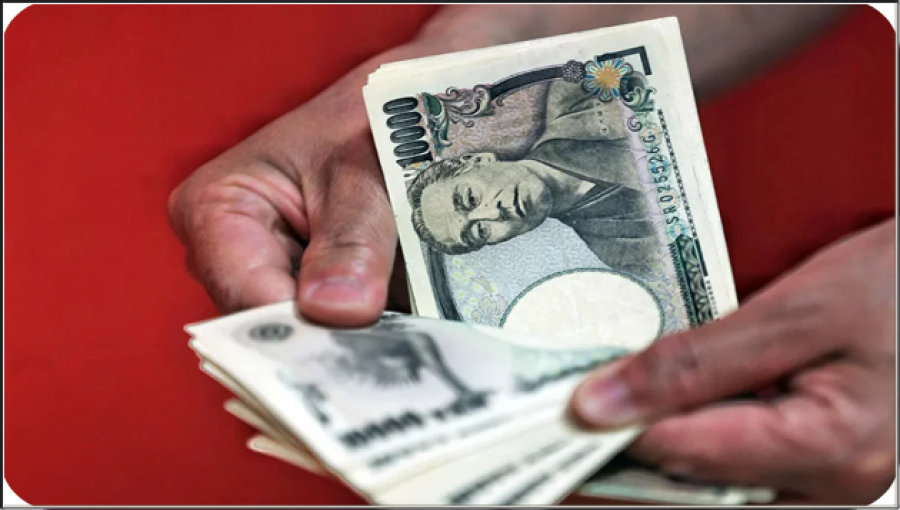The Japanese yen experienced a significant decline, reaching a 16-year low against the euro on Wednesday. This plunge came as the Bank of Japan (BoJ) hinted at maintaining loose monetary policies despite transitioning away from negative interest rates. With the yen hitting 164.48 per euro, its weakest level since 2008, traders refrained from shifting their attention to Japan due to the substantial gap between European Central Bank rates and those of the BoJ. This divergence in interest rates continues to influence market sentiments, contributing to the yen's ongoing depreciation against the euro.
The yen's downward trajectory underscores the BoJ's commitment to supporting economic recovery through accommodative monetary measures. Despite exiting negative interest rate territory, the central bank's stance on loose monetary policy persists, reflecting its efforts to stimulate growth and combat deflationary pressures. However, this strategy has implications for the yen's exchange rate, with investors seeking higher returns elsewhere amid the prevailing interest rate differentials.
As the yen struggles against the euro, analysts anticipate continued volatility in currency markets, driven by shifts in monetary policy outlooks and global economic dynamics. The widening gap between ECB and BoJ policies underscores the challenges faced by Japan in revitalizing its economy while maintaining exchange rate stability. Amidst these developments, market participants closely monitor central bank communications and economic indicators for insights into future currency movements and policy directions.






























Comment: